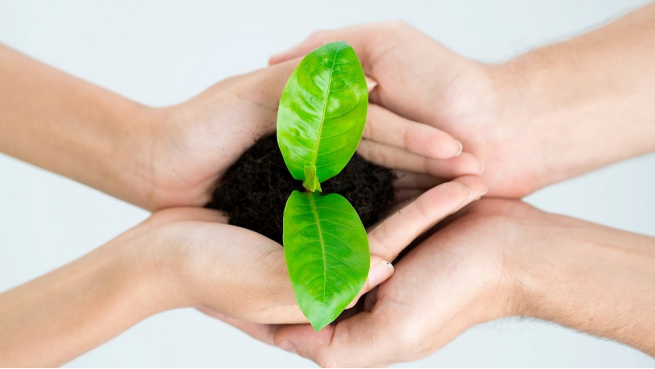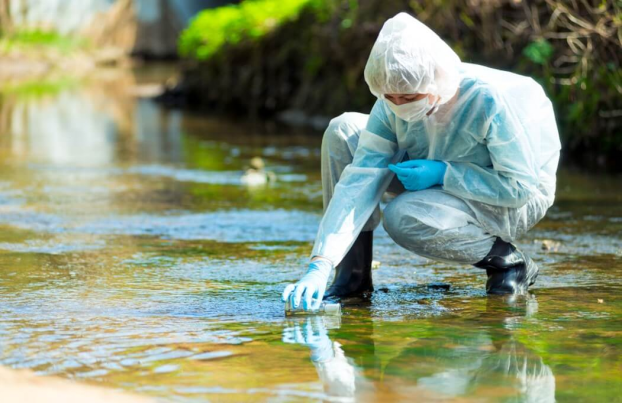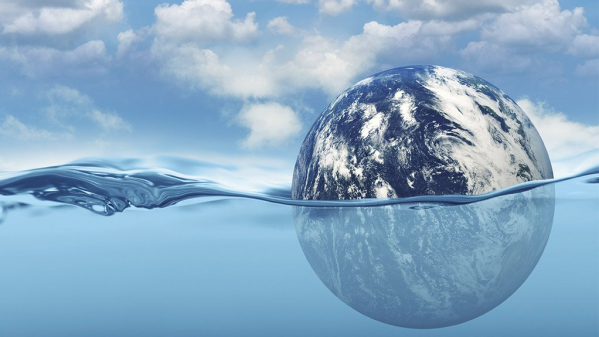As the world increasingly turns its attention toward sustainability and environmental responsibility, one truth remains constant: green living starts with clean water. Water is the lifeblood of our planet, and the way we consume, conserve, and care for this vital resource has a significant impact on our health, communities, and the environment.
Whether you’re just beginning your sustainability journey or you’re an eco-conscious veteran, focusing on your water habits is one of the simplest and most impactful ways to embrace green living. In this article, we’ll explore why clean water is foundational to sustainability, how your daily habits affect the planet, and practical steps you can take to ensure that your green lifestyle starts at the tap.
1. Why Water Is Central to Green Living
Water isn’t just for drinking—it’s used in food production, clothing manufacturing, sanitation, transportation, and energy generation. Every product you use and every meal you eat carries a “water footprint,” the total amount of water required to make it.
When we waste water, we also waste the energy and resources used to deliver it. And when water becomes polluted or contaminated, the effects ripple throughout ecosystems and communities.
Clean water ensures:
- Safe drinking and hygiene
- Sustainable agriculture
- Thriving biodiversity
- Reduced plastic and chemical waste
By integrating water conservation and purification into your lifestyle, you're not only protecting your health—you’re promoting a healthier, greener planet.

2. The Environmental Impact of Dirty Water

The World Health Organization (WHO) estimates that over 2 billion people globally lack access to safe drinking water. In many regions, polluted water causes widespread illness, ecosystem damage, and economic instability.
Key Environmental Issues:
- Plastic pollution from bottled water
- Chemical runoff from agriculture and industry
- Microplastics in tap and bottled water
- Overuse of groundwater, leading to land degradation and ecosystem collapse
Every time you choose clean, filtered tap water over bottled alternatives or reduce water waste, you’re helping combat these issues directly.
3. How Water Quality Affects Health and Sustainability
Clean water doesn’t just support the environment—it supports your personal health.
Health Benefits of Clean Water:
- Supports digestion and detoxification
- Reduces risk of waterborne illness
- Improves skin and organ function
- Enhances energy levels and immunity
Clean water at home also reduces the need for bottled water, minimizing:
- Plastic waste
- Greenhouse gas emissions
- Energy usage for production and shipping
A home water purification system is a small investment with big returns for both your wellness and the environment.
4. The Problem with Bottled Water
While marketed as convenient and pure, bottled water is one of the least sustainable ways to stay hydrated.
The Hidden Costs of Bottled Water:
- Requires 3x more water to produce than it contains
- Generates over 1.5 million tons of plastic waste annually
- Releases massive amounts of CO₂ during transportation and manufacturing
- Often contains microplastics and repackaged tap water
Switching to filtered water in reusable bottles or glasses dramatically reduces your carbon footprint and plastic waste.
5. Clean Water = Cleaner Living Spaces
The benefits of clean water extend beyond drinking. Filtered, chemical-free water improves:
- The longevity of appliances like coffee makers and kettles
- The health of indoor plants
- The safety of pets
- The quality of cooking and meal preparation
Eco-friendly households also avoid harsh chemical cleaners by using filtered water with natural ingredients like vinegar and baking soda—creating a healthier home environment.
6. Building a Clean Water Routine at Home
Want to make clean water a cornerstone of your green lifestyle? Here’s how to start:
✅ Install a Home Water Filtration System
Choose from:
- Carbon filters for taste and chlorine removal
- Reverse Osmosis (RO) systems for deep purification
- UV systems to kill bacteria and viruses
- Look for filters with NSF/ANSI certifications to ensure high-quality performance.
✅ Use Reusable Water Bottles
Glass or stainless steel bottles are:
- Durable
- Recyclable
- Free from BPA and toxins
Keep one at home, one at work, and one for the road.
✅ Cook and Clean with Filtered Water
Enhance food flavor and avoid scale buildup in pots, pans, and appliances.
✅ Water Plants Sustainably
Collect rainwater or use leftover cooking water (once cooled) to hydrate your garden.
7. Teach and Inspire Others
Green living isn’t just a personal journey—it’s a movement. Inspire friends, family, and coworkers to:
- Ditch bottled water
- Install water-saving fixtures
- Use eco-friendly cleaning routines
- Share tips on water conservation and sustainability
Your influence can create a ripple effect in your community and beyond.
8. Clean Water and Climate Change

As climate change affects weather patterns and freshwater availability, protecting clean water becomes more urgent. Regions around the world face droughts, floods, and water scarcity due to shifting climates.
By choosing a water-conscious lifestyle, you:
- Reduce energy usage
- Support water equity
- Encourage sustainable infrastructure
- Protect natural water sources from overuse
Clean water habits are climate action in disguise.
Conclusion: Start Your Green Journey with Water
Sustainability doesn’t require an all-or-nothing approach. In fact, some of the most meaningful change begins with simple habits—like choosing filtered water over bottled, turning off the tap, and reusing what you already have.
--------------------------------------------------------------------------------------------------------------
SANAKY VIETNAM., CO LTD - Manufacturer of Chest Freezer - Upright Cooler, Transformer, RO Water Purifier...
 Vietnamese
Vietnamese  English
English  Chinese
Chinese  French
French  Spanish
Spanish  Russian
Russian  Arabic
Arabic  Portuguese
Portuguese